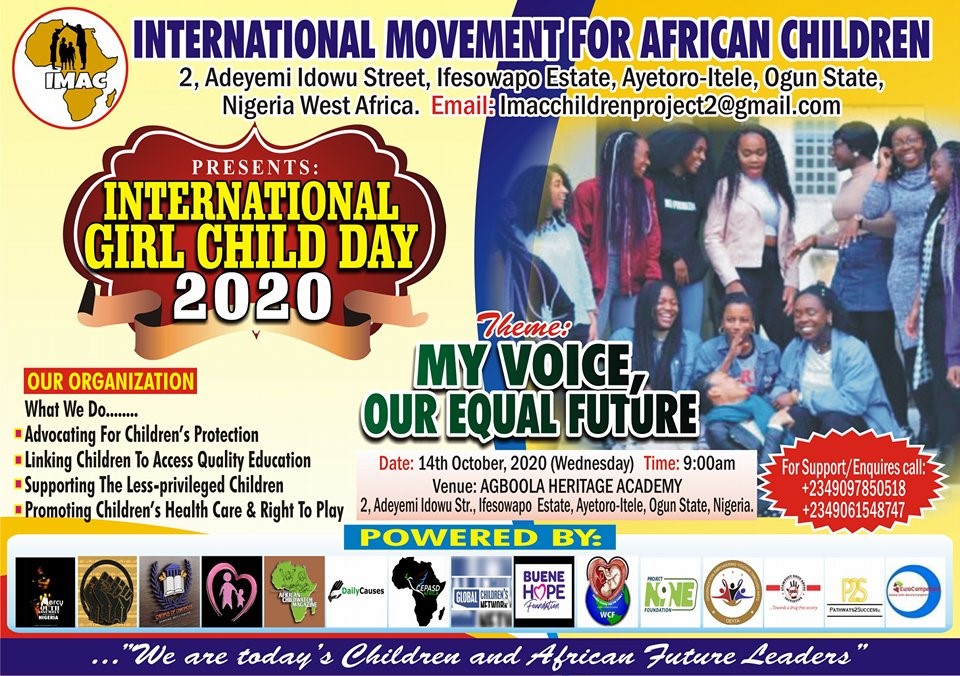Rozpocznij ze Stories that Move
 Polski
PL
Polski
PL
 EnglishEN
EnglishEN DeutschDE
DeutschDE NederlandsNL
NederlandsNL MagyarHU
MagyarHU PolskiPL
PolskiPL SlovenčinaSK
SlovenčinaSK УкраїнськаUK
УкраїнськаUK EspañolES
EspañolES CatalàCA
CatalàCASnježana Marić teaches English and German to students aged 15-19 at a vocational business school in Croatia.
I “teach” tolerance, respect and empathy practically every day, because I believe creating a comfortable class environment where everyone feels respected is the key to successful learning. It usually involves responding to class situations when students, often unintentionally, show intolerance towards a classmate’s behavior, looks or preferences.

Discovering STM was like an epiphany to me. It is more than a tool – it has become my way of teaching. Not only to use the scenarios to teach both German and English but also as an effective way of raising my students’ awareness about problems their classmates have been experiencing. It helps me develop their social and personal skills and grow into responsible and socially engaged citizens.
I heard about Stories that Move through eTwinning events and am now enthusiastically sharing the tool in the projects ‘Be quiet we are here’ and ‘Different, yet connected’ with partners from Turkey, France, Italy, Bulgaria, and Greece and also in the Erasmus + project EYCME (Entrepreneurial Young Citizens of Modern Europe with partners from Spain, Poland and Hungary.
Imagine the student who “always has something to say” and annoys her/his classmates. Now apply the Stories that Move learning path ‘Seeing & being’. Assumptions? Oh yes, classmates have lots of assumptions – often intolerant and rejecting. The bigger picture is – shifting from what you see, to what you cannot see. Picture yourself is – reflecting on everyone’s behavior towards the “annoying” classmate. Compare – assumptions and reactions, your own and others’. And finally, Reality check – conclusions we draw after we’ve seen what is behind the picture.
One of my classes on Stories that Move is called:

Beyond the classroom, we also used the STM scenarios together, to raise awareness about problems that are getting forgotten during COVID-19. Like how many people still live below the poverty line. We now support the International Movement for African Children, helping to protect children’s rights in Africa and encourage young Africans to participate in the community development – holding workshops and presentations, for our schoolmates and our wider community.
Powrót do góry